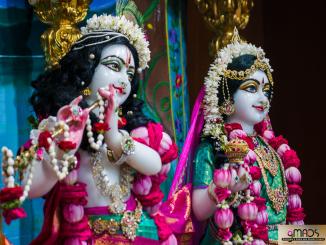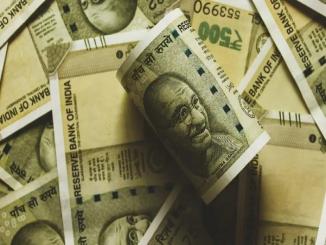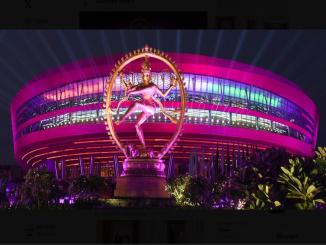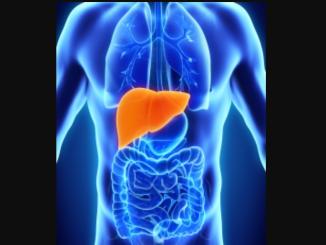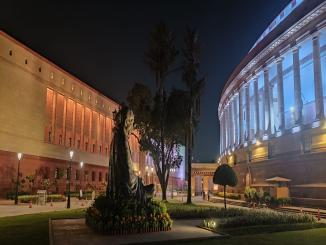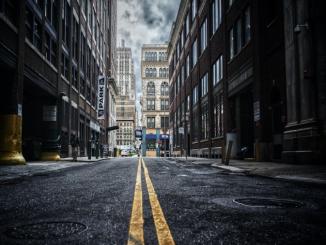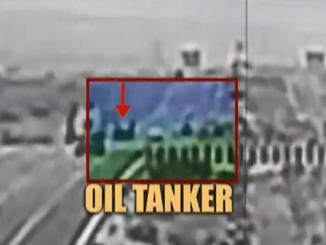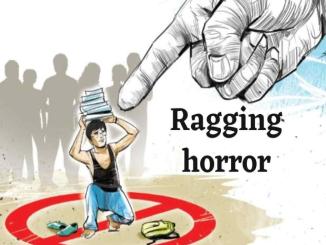
Prime Minister Narendra Modi on Monday in his speech at the G-20 Summit in Hangzhou, Narendra Modi underlined that black money and fighting corruption was central to effective financial governance
Earliar as tweeted
Here are highlights of my intervention at the session on ‘Other Issues Affecting the World Economy.’ https://t.co/Sk8lf8igRT
— Narendra Modi (@narendramodi) September 5, 2016
Highlights of G20 by Narendra Modi:
Many global issues may not seem economic but, carry significant economic cost: PM Modi
Foremost challenge is Climate Change where Paris Agreement showed way forward: PM Modi
The international community must stand and act in unison and respond against terrorism: PM Modi
He called for a global campaign against corruption as part of sweeping economic changes that should include a greater say for emerging nations such as India in determining the world's financial architecture.
He said the excessive secrecy of some overseas banks ended up shielding the corrupt, referencing economic offences by Indians.
Modi proposed the elimination of safe havens for economic offenders. "Track down and unconditionally extradite money launderers and tax offenders," the PM was cited as telling world leaders at the G20 summit in Hangzhou, China, by foreign ministry spokesman Vikas Swarup.
Speaking on terrorism, PM Modi said, “A terrorist is a terrorist”. He expressed grave concern over increasing spread of terror. He urged the international community to stand and act in unison and respond against terrorism.
India and China were in broad agreement on anti-corruption measures, officials said. However, while India's focus was more on recovering black money stashed in foreign banks, the Chinese appeared keener on catching economic offenders and fugitives.
"Break down the web of complex international regulations and excessive banking secrecy that hide the corrupt and their deeds," the PM was cited as telling world leaders.
In his intervention on the second day of the summit, Modi said fighting corruption, black money and tax evasion were central to effective financial governance.
"We need a regular dialogue between the IMF (International Monetary Fund), regional financial arrangements and bilateral swap arrangements. Important mechanisms like financial stability board should stick to their core mandate," Swarup tweeted, citing the prime minister's remarks.
The prime minister said a stable global economic and financial system was imperative as it promotes inclusive and sustainable growth. He called for further strengthening the global financial safety net.
Modi said the lender should maintain its character. "IMF should remain a quota-based institution and not depend on borrowed resources," he said, emphasising that the "long-delayed 15th general review of quotas must be completed by 2017 annual meetings".
Modi's remarks are significant ahead of the BRICS Summit in Goa on October 15-16 that is also expected to witness calls for reform of the international financial architecture, including IMF and World Bank.
The prime minister also said that India needs energy to support its development. A "balanced mix of nuclear, renewable energy and fossil fuels are at the core of our policy," he said.
The G20 member states represent 85 per cent of the world's GDP. Later, in his intervention at the final session of the summit, Modi also raised the matter of climate justice.
He called for affordable financing and sound technology for developing countries and pointed out that the focus should not just be on early ratification but complete success of Paris climate change agreement. India is unlikely to ratify the Paris accord this year.
Modi called for curbs on reckless consumption and encouraging the adoption of lifestyles in harmony with nature.
The two leaders, who have developed a warm personal rapport since Modi became prime minister in 2014, had two brief interactions on the sidelines of the summit in what will probably be Obama's last meeting with the Indian leader before the former's term ends in January.
This included calls for a more equitable system without barriers to bridge the digital divide and promoting skill development.
He met Chinese President Xi Jinping on Sunday for the second time in less than three months and made clear that it was of "paramount importance" that his country respected India's worries on key strategic issues.
These included the China-Pakistan Economic Corridor passing throughPakistan-Occupied Kashmir and India's entry into the coveted Nuclear Suppliers Group, which China is said to have blocked.
Modi also asked China to act against terror emanating from Pakistan. Modi also met Saudi Arabia's Deputy Crown Prince Mohammad bin Salman al Saud on Sunday, following up on his visit to Riyadh in June.
Modi called for a stronger partnership with Saudi Arabia in the maritime, infrastructure and low-cost housing sectors. The two discussed ways in which India could also become a source of food supply to the kingdom besides further cooperating in the energy sector.
Modi invited greater Saudi investment, particularly through the National Investment & Infrastructure Fund. He also sought greater cooperation in infrastructure, particularly modernization of railway stations. On Monday, Modi interacted with the presidents of France, Turkey and Argentina.




